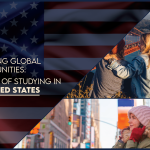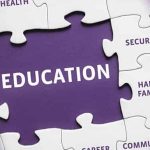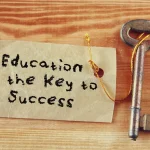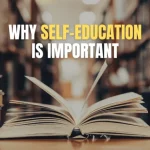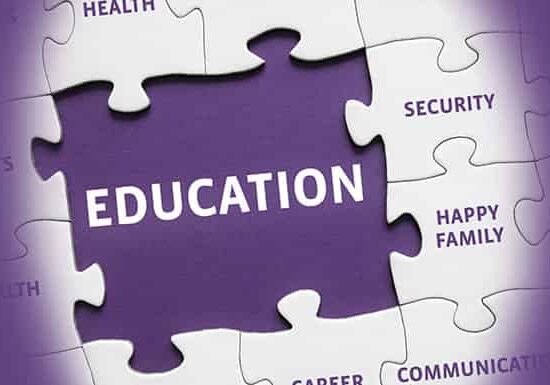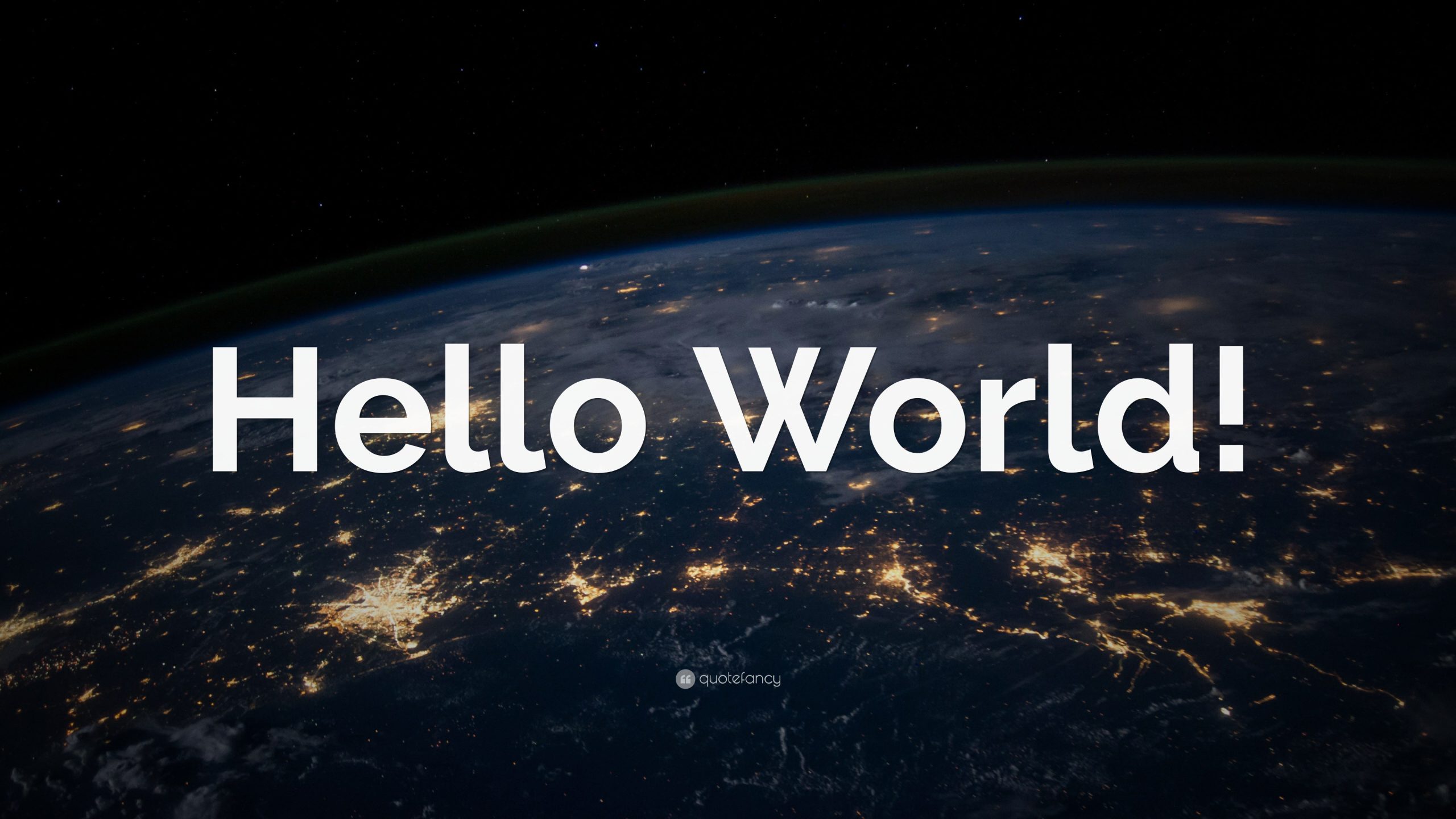
Education Is Essential in Life
Introduction
Education is one of the most powerful tools available to humanity. It empowers individuals, shapes societies, and drives global progress. From early childhood through adulthood, education provides the knowledge, skills, values, and attitudes necessary to navigate life successfully. It not only opens doors to opportunities but also fosters critical thinking, creativity, and empathy. In essence, education is the cornerstone of individual fulfillment and collective advancement.
Education is essential in life.
In this article, we will explore why education is essential in life by examining its impact on personal development, social cohesion, economic growth, and the global future.
1. Personal Development and Empowerment
Education lays the foundation for personal growth. It helps individuals understand the world around them and make informed decisions. Starting from basic literacy and numeracy, education nurtures curiosity, confidence, and independence.
a. Cognitive Skills and Critical Thinking
Education develops our ability to think critically, analyze situations, solve problems, and make sound judgments. These cognitive skills are essential for navigating daily life, whether it’s managing finances, understanding health information, or participating in civic duties.
b. Emotional and Social Intelligence
Modern education also emphasizes emotional intelligence, helping individuals understand themselves and others. Skills such as communication, empathy, collaboration, and conflict resolution are crucial in both personal and professional relationships.
c. Self-Confidence and Identity
With education, people gain a sense of purpose and identity. It enhances self-esteem by giving individuals the tools they need to set and achieve goals, advocate for themselves, and contribute meaningfully to society.
2. Social Benefits and Civic Participation
An educated society is a more cohesive and peaceful one. Education encourages tolerance, understanding, and mutual respect among diverse groups.
a. Promoting Equality and Justice
Education is a key driver in reducing social inequalities. By giving everyone, regardless of their background, the opportunity to succeed, it levels the playing field and promotes fairness. Education helps combat discrimination, prejudice, and ignorance.
b. Civic Engagement
Educated citizens are more likely to vote, volunteer, and engage in their communities. They are better equipped to understand political and social issues, leading to more responsible and informed civic participation.
c. Social Mobility
Access to quality education can break the cycle of poverty and provide upward mobility. It offers individuals a chance to improve their lives and those of their families, fostering hope and ambition.
3. Economic Development and Employment
Education is directly linked to economic prosperity. A well-educated workforce is essential for a thriving economy.
a. Better Employment Opportunities
People with higher levels of education are more likely to find stable and well-paying jobs. They are also more likely to adapt to changes in the job market, such as the rise of digital technology and automation.
b. Productivity and Innovation
Education fosters innovation by equipping individuals with the skills needed to create new ideas, products, and services. A knowledgeable workforce increases productivity and competitiveness in a global economy.
c. Poverty Reduction
Investing in education leads to economic growth and poverty reduction. According to UNESCO, each additional year of schooling can increase a person’s income by up to 10%. Education is thus a long-term investment in a country’s economic well-being.
4. Lifelong Learning and Adaptability
The world is changing rapidly. Technological advancements, environmental challenges, and global interconnectedness require continuous learning.
a. Adapting to Change
Education instills a mindset of lifelong learning. This is crucial in a world where skills become obsolete quickly, and new knowledge is constantly emerging.
b. Personal Enrichment
Learning doesn’t stop with formal education. Reading, exploring new hobbies, taking online courses, or attending workshops enriches our lives and keeps our minds active.
c. Digital Literacy
In the 21st century, digital literacy is essential. Understanding how to use technology responsibly and effectively is now a fundamental part of education, necessary for communication, work, and daily tasks.
Education is essential in life.
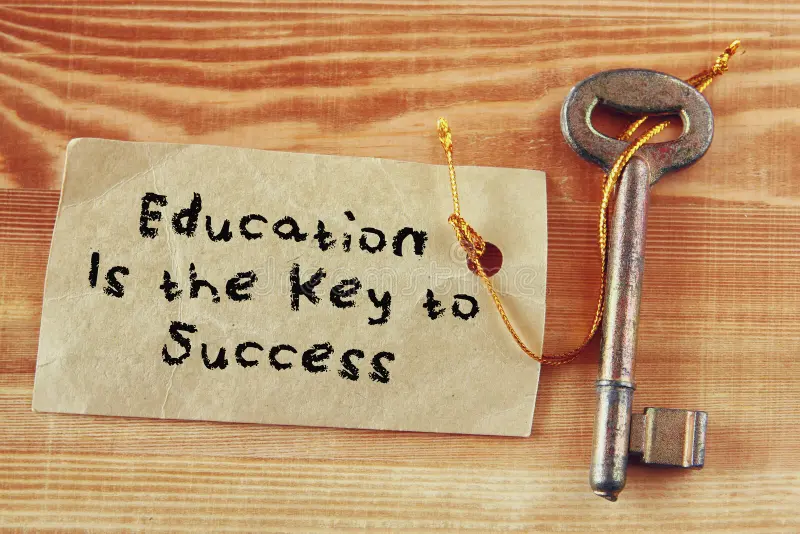
5. Health and Well-being
Education is closely tied to health outcomes. Educated individuals tend to live longer, healthier lives and make informed decisions about their well-being.
a. Awareness of Health Practices
Through education, people learn about nutrition, hygiene, disease prevention, and mental health. They are more likely to seek medical care when needed and follow health guidelines.
b. Family and Community Health
Educated parents are more likely to ensure their children are vaccinated, receive proper nutrition, and attend school. This creates healthier families and communities.
c. Mental Health Awareness
Education also promotes awareness of mental health issues, reducing stigma and encouraging early intervention and support.
6. Environmental Awareness and Sustainability
As the world grapples with climate change and environmental degradation, education plays a key role in fostering sustainable thinking.
a. Environmental Literacy
Education teaches the importance of conserving natural resources, reducing waste, and protecting ecosystems. Students learn how their actions impact the environment and are empowered to make sustainable choices.
b. Global Citizenship
A strong education promotes a sense of responsibility toward the planet and future generations. Global citizens understand the interconnectedness of global issues and are inspired to act for positive change.
7. Gender Equality and Women’s Empowerment
Education is a powerful tool for promoting gender equality. When girls and women have access to education, entire communities benefit.
a. Breaking Barriers
Educated women are more likely to marry later, have fewer and healthier children, and participate in the workforce. This leads to improved family health and economic stability.
b. Leadership and Representation
Education gives women the confidence and skills needed to take on leadership roles in politics, business, and society. Gender-inclusive education ensures that all voices are heard and represented.
8. Global Peace and Stability
Education contributes to a more peaceful world by addressing the root causes of conflict and promoting understanding.
a. Conflict Resolution
Educated individuals are better equipped to resolve disputes peacefully and advocate for justice. They are less likely to resort to violence and more likely to support democratic institutions.
b. Tolerance and Cultural Understanding
Education fosters appreciation for diversity, encouraging respect and cooperation across cultural and national boundaries. It helps combat extremism and hate by promoting critical thinking and empathy.
9. Technological Advancement
Education drives innovation and progress in science, medicine, engineering, and other fields that improve quality of life.
a. Research and Discovery
Universities and research institutions are hubs of discovery, where education fuels breakthroughs that solve real-world problems—from curing diseases to developing renewable energy.
b. STEM Education
Science, Technology, Engineering, and Mathematics (STEM) education is especially vital in today’s world. It equips learners with the tools needed to lead in innovation and tackle future challenges.
10. Challenges in Accessing Education
Despite its importance, millions around the world still lack access to quality education. Barriers such as poverty, conflict, gender discrimination, and lack of infrastructure must be addressed.
a. Inequality in Education
Children in rural or low-income areas often face greater challenges, including underfunded schools, lack of trained teachers, and limited resources.
b. Global Efforts
Organizations like UNESCO, UNICEF, and the United Nations work to promote universal access to education through initiatives like the Sustainable Development Goal 4 (SDG 4), which aims to “ensure inclusive and equitable quality education and promote lifelong learning opportunities for all.”
Conclusion
Education is not merely a process of acquiring knowledge; it is a transformative force that shapes lives, communities, and nations. It empowers individuals to reach their full potential, builds stronger and more equitable societies, drives economic progress, and lays the foundation for peace and sustainability.
In a world full of challenges and opportunities, the value of education cannot be overstated. Ensuring that everyone has access to quality education is not just a moral imperative—it is a strategic investment in the future of humanity.
Let us continue to champion education for all, recognizing that it is truly essential in life.
Certainly! Here’s a 1500-word version of the article titled “Education Is Essential in Life”, retaining the main ideas while condensing the content for clarity and length.
Education Is Essential in Life
Introduction
Education is a fundamental pillar of human development. It is the process through which individuals acquire knowledge, skills, values, and attitudes necessary to navigate life successfully. More than just academic learning, education shapes our personalities, builds character, and empowers us to contribute meaningfully to society. Whether formal or informal, education is essential for personal fulfillment, social progress, economic growth, and global peace.
In this article, we’ll explore the importance of education from various angles: how it supports individual growth, strengthens societies, fuels economies, and prepares us for a rapidly changing world.
1. Education and Personal Development
At its core, education is a path to self-discovery and empowerment. It helps people develop mentally, emotionally, and socially.
a. Building Cognitive and Critical Thinking Skills
Education sharpens our thinking, reasoning, and decision-making abilities. From reading and writing to solving problems, the knowledge we gain through education helps us make informed choices in everyday life.
b. Confidence and Self-Esteem
An educated person is more likely to feel confident and capable. With education, individuals learn to express themselves, set goals, and pursue their ambitions. It gives them a sense of identity and purpose.
c. Emotional and Social Growth
Education also fosters emotional intelligence and interpersonal skills. Through interaction and collaboration in schools or learning communities, people develop empathy, communication, and teamwork—skills that are essential for healthy relationships and personal well-being.
2. Social Benefits of Education
Education doesn’t just benefit individuals; it uplifts entire societies. It plays a central role in promoting equality, justice, and social cohesion.
a. Reducing Inequality
Quality education can bridge the gap between rich and poor, urban and rural, male and female. It provides opportunities for everyone, regardless of their background, to improve their lives.
b. Promoting Civic Participation
Educated citizens are more likely to participate in democratic processes. They understand their rights and responsibilities, vote in elections, engage in community service, and contribute to building fair and just societies.
c. Fostering Tolerance and Understanding
Education helps reduce discrimination and intolerance. When people learn about different cultures, histories, and perspectives, they become more accepting and open-minded, reducing conflict and promoting peace.
3. Economic Growth and Employment
Education is a powerful driver of economic development. A strong education system supports a skilled and productive workforce.
a. Better Job Opportunities
Individuals with higher education levels typically have more employment options and earn higher incomes. Education prepares people for specific careers and helps them adapt to evolving job markets.
b. Economic Productivity
Nations with educated populations tend to have higher productivity and innovation. Education equips workers with the skills to improve systems, create new technologies, and grow businesses.
c. Reducing Poverty
Education is one of the most effective tools for breaking the cycle of poverty. It empowers individuals to improve their economic situation and support their families and communities.
4. Lifelong Learning and Adaptability
In the modern world, learning doesn’t end with graduation. The most successful people continue learning throughout their lives.
a. Adapting to Change
Technology and globalization are rapidly changing the way we live and work. Education teaches people how to learn, helping them stay relevant and adaptable in a constantly evolving world.
b. Personal Growth and Enrichment
Lifelong learning isn’t only about career advancement. Learning a new language, skill, or hobby can enrich personal life, boost mental health, and open new social and cultural experiences.
c. Digital Literacy
Digital skills are now essential. Education helps people navigate online tools, manage digital communication, and protect themselves from online threats—skills increasingly vital for daily life.
5. Health and Well-Being
Education is closely tied to physical and mental health. It shapes our understanding of health and encourages responsible behaviors.
a. Informed Health Choices
Educated individuals are more likely to follow health guidelines, seek medical care, and maintain healthy lifestyles. They are aware of risks like smoking, poor diet, and unsafe practices.
b. Family and Community Health
Educated parents, especially mothers, tend to raise healthier children. They are more likely to seek vaccinations, ensure proper nutrition, and support their children’s education and growth.
c. Mental Health Awareness
Education also helps people recognize and manage mental health challenges. It reduces stigma and promotes access to support systems, contributing to healthier, happier lives.
6. Environmental Awareness
Education plays a key role in protecting the planet and addressing environmental challenges.
a. Sustainability Education
People who understand environmental issues are more likely to adopt eco-friendly habits—such as recycling, conserving energy, and supporting sustainability efforts.
b. Climate Action
Environmental education helps students understand the causes and impacts of climate change. It empowers future generations to advocate for green solutions and take responsible actions.
7. Gender Equality and Women’s Empowerment
Education is a powerful force for promoting gender equality and empowering women.
a. Educated Girls Transform Societies
When girls are educated, they are more likely to delay marriage, have fewer children, earn higher incomes, and participate in leadership roles. Their families and communities benefit as a result.
b. Equal Access Matters
Still, millions of girls face barriers to education due to poverty, cultural norms, or lack of resources. Ensuring that all children, regardless of gender, have access to education is essential for a just and prosperous world.
8. Peace and Global Stability
Educated societies are more likely to be peaceful and stable. Education helps address the root causes of conflict.
a. Conflict Prevention
By promoting critical thinking, empathy, and cooperation, education reduces the likelihood of violence and extremism. It teaches people to resolve differences peacefully.
b. Global Citizenship
Education cultivates an awareness of global challenges such as poverty, injustice, and human rights. It helps individuals see themselves as part of a global community, committed to solving shared problems.
9. Innovation and Scientific Progress
Many of the world’s greatest advancements come from education-driven innovation.
a. Advancing Technology
Science and technology rely on education. Educated individuals contribute to breakthroughs in medicine, communication, transportation, and many other areas.
b. STEM and Future Growth
Promoting education in Science, Technology, Engineering, and Mathematics (STEM) is vital for the future. These fields are essential for solving global challenges and ensuring economic competitiveness.
10. Challenges in Accessing Education
Despite its importance, access to education remains unequal in many parts of the world.
a. Barriers to Education
Millions of children and adults face barriers due to poverty, conflict, disability, gender discrimination, or lack of infrastructure. Rural and marginalized communities often suffer the most.
b. Global Efforts to Improve Access
International organizations such as the UN and UNESCO are working to improve education access through initiatives like Sustainable Development Goal 4: “Ensure inclusive and equitable quality education and promote lifelong learning opportunities for all.”
Conclusion
Education is not just about textbooks and exams—it is a powerful engine of progress. It opens minds, builds character, and lays the groundwork for a better future. At the individual level, education provides the tools needed to lead a meaningful and independent life. At the societal level, it fosters equality, peace, prosperity, and innovation.
In today’s complex world, education is more critical than ever. Ensuring that every person has the opportunity to learn is not just a matter of personal success—it is a shared responsibility for the future of our global community. In every sense, education is essential in life.
